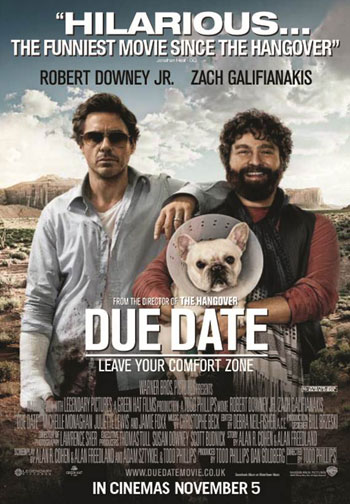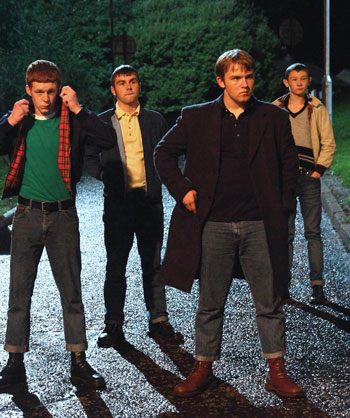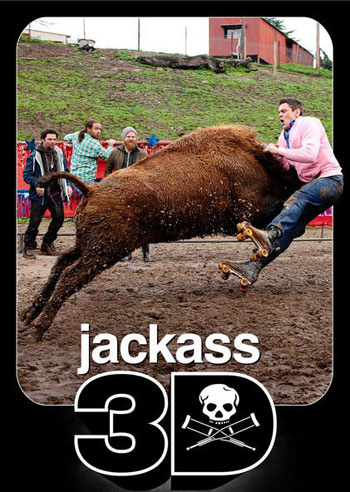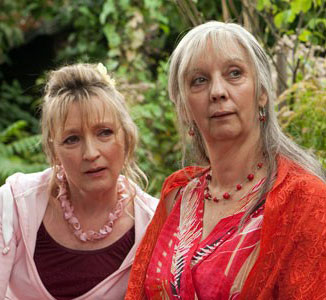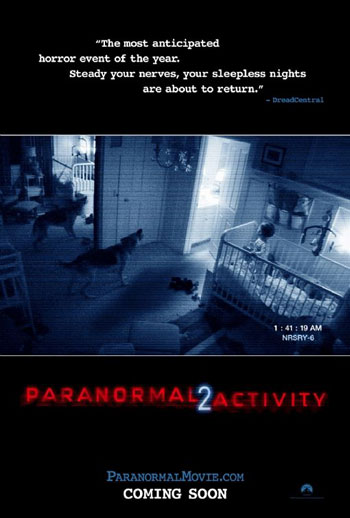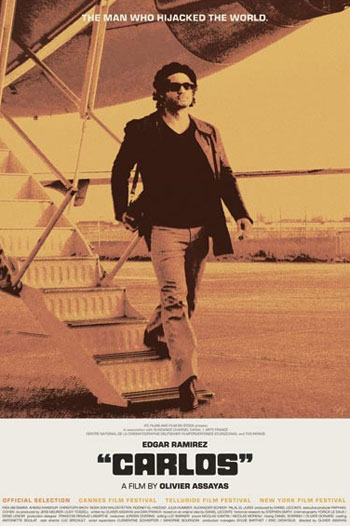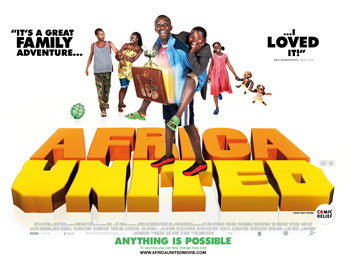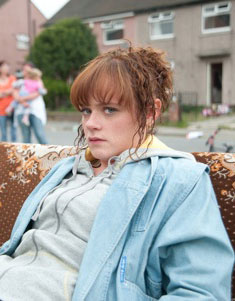LFF: Let Me In -4*
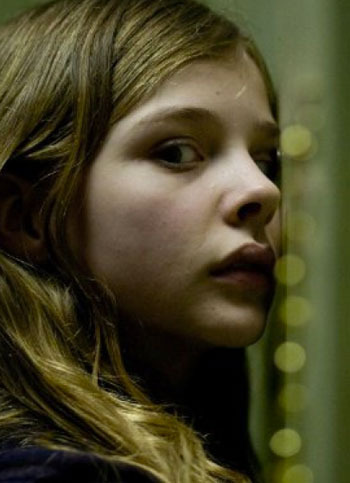 It’s very easy to become a film snob about any US remake of a recent and internationally acclaimed foreign-language film. But if the material it’s based on is of a high calibre, then the film-makers are already off to a flying start. Such is the case with Cloverfield director Matt Reeves’s take on Ajvide Lindqvist’s exceptional and best-selling Swedish novel, Let The Right One In. If you haven’t had the pleasure of watching the original 2008 Swedish screen adaptation of the novel’s same name, then Reeves’s version, shortened to Let Me In, is a triumph all on its own – minus the subtitles.
It’s very easy to become a film snob about any US remake of a recent and internationally acclaimed foreign-language film. But if the material it’s based on is of a high calibre, then the film-makers are already off to a flying start. Such is the case with Cloverfield director Matt Reeves’s take on Ajvide Lindqvist’s exceptional and best-selling Swedish novel, Let The Right One In. If you haven’t had the pleasure of watching the original 2008 Swedish screen adaptation of the novel’s same name, then Reeves’s version, shortened to Let Me In, is a triumph all on its own – minus the subtitles.
Let Me In may be a film about a vampire, but it’s real concept is that of a tender coming-of-age tale of two, seemingly, alienated ‘children’. It gently exploits that all too familiar feeling of being the outsider at school and in the local community of your peers to full haunting effect. This, coupled with the supernatural element, is what gives the film its offbeat and stirring atmosphere. That said the Swedish film was more successful at cultivating this, wisely leaving the human sacrificing punchline until much latter on in the plot. Reeves’s version seems to deal all its cards at once, opting to reveal why the strange new girl-on-the-block’s father kills at the very start of their arrival, and taking away a lot of the first film’s mystery.
However, in the US film’s favour, it adds a climatic and exhilarating car crash scene from the rear passenger’s point of view that’s not in the original, and although it’s peppered with police action, like an episode from Hills Street Blues, it also does away with the weirdly-placed cat attack and weakly developed community vigilante episode of the Swedish version. In hindsight, having a detective on the trail to make the bloody bathroom discovery makes more sense. Thankfully, Reeves’s film doesn’t fall victim to titillating blood-sucking attacks, although his tunnel scene seems a little too sci-fi and stylised. The look of the film is near identical, a kind of magical, snowy fairyland with a sinister undercurrent. But snow in New Mexico sounds like a contradiction in terms.
What makes the US remake instantly engaging is Reeves’s casting of the right ones in the leads, even managing to improve on the astounding performances in the original. Kick-Ass star Chloé Grace Moretz who exploded onto the scene in the comic book adaptation with a tirade of abuse and attitude is new girl Abby with a nocturnal secret. Moretz captures the imagination completely as the seemingly fragile and untalkative young soul who walks barefoot through the snow, but has the wisdom of someone much older. Kodi Smit-McPhee, the odd-looking kid from grim post-Apocalyptic drama The Road (with Viggo Mortensen), is perfectly cast as social outcast Owen, balancing the right amount of angst, vulnerability and charm to depict a teen in torment. He even looks the part as a kid with the world on his shoulders, with only one friend who seems to get him – Abby.
This is where the US film ventures more into controversial territory. The original ‘implied’ elements of paedophilia, whereas Reeves confronts this aspect of Lindqvist’s story, but without overstepping the mark. Abby gently caresses her father’s face (played by the ever remarkable Richard Jenkins) that implies more than just daughterly affection. There is also the issue of Abby’s grooming of Owen to be her next companion/guardian that seems innocent at first, but considering who and how old Abby really is, is slightly disconcerting to say the least, luring this impressionable child away from his home life. However, none of these episodes are depicted in bad taste as they are woven into the whole child-cum-adult ritual of teen experimentation, whilst growing up.
Let Me In is a genuinely solid remake that produces some consistent, engaging and mature performances from its young leads, and rekindles the enthusiasm you first felt for the original film. It’s also very topical, addressing not only the vampire element that seems to be the obsession in film and on TV at present (True Blood, The Vampire Diaries, Twilight etc), but also the subject of bullying. Ironically, the age group it portrays will not be able to see it, but as a certificate 15, it will not be missed by all those of school age and blightened by this issue. Let’s hope the draw of Chloé Grace Moretz can do it justice at the box office because it deserves its chance of success.
4/5 stars
By L G-K

